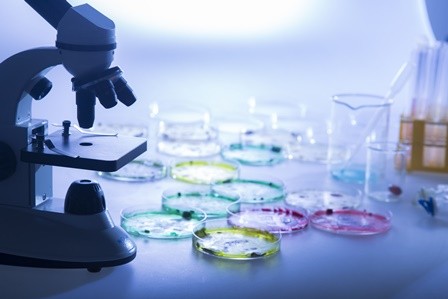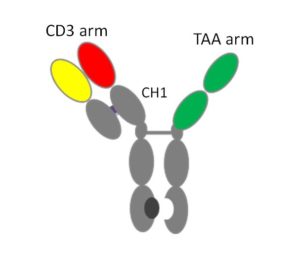Bioprocesses used to produce recombinant proteins are based on the growth and expansion of living cells in bioreactors. Using the tools of genetic engineering, scientists modify living cells, usually Chinese hamster ovary cells, to produce the protein of interest as they grow and divide. Once the cells reach maximum cell density, they are maintained by careful control of conditions in the bioreactor. Over time, the product of interest accumulates, and so do other molecular components of the cells – so-called host cell proteins or HCPs. Considered process impurities, HPCs must be removed as the product of interest is purified during the downstream process to guarantee a safe product.
Detection and quantitation of HCPs is usually done using an ELISA method. ELISA kits utilizing a polyclonal HCP-antisera are commercially available for this purpose (e.g., the CHO G3 kit from Cygnus Technologies, https://cygnustechnologies.com/product_info.php/products_id/267/cpID/24). During clinical development, the accuracy of this kit to detect ALL of the HCPs generated in a specific manufacturing process must be determined to confirm its adequacy for commercial use.
New analytical methods to determine adequacy or “coverage” of HCP ELISAs are becoming available. In a recent article from Scott M. Henry and colleagues at Seattle Genetics in Bothell, WA, the authors describe efficient determination of ELISA reagent coverage by proteomic analysis after affinity purification with a polyclonal anti-HCP reagent. They compared the resulting HCP identifications with the actual downstream process impurities for a given process to enable a highly focused assessment of ELISA coverage. The article is entitled, “ELISA reagent coverage evaluation by affinity purification tandem mass spectrometry,” and appears in Mabs, 2017, vol 9(7); 1065-1075.
Chamow & Associates assists biotechnology companies in producing novel therapies such as mAbs and engineered mAb derivatives for clinical testing. Please contact us for more information about our services.





